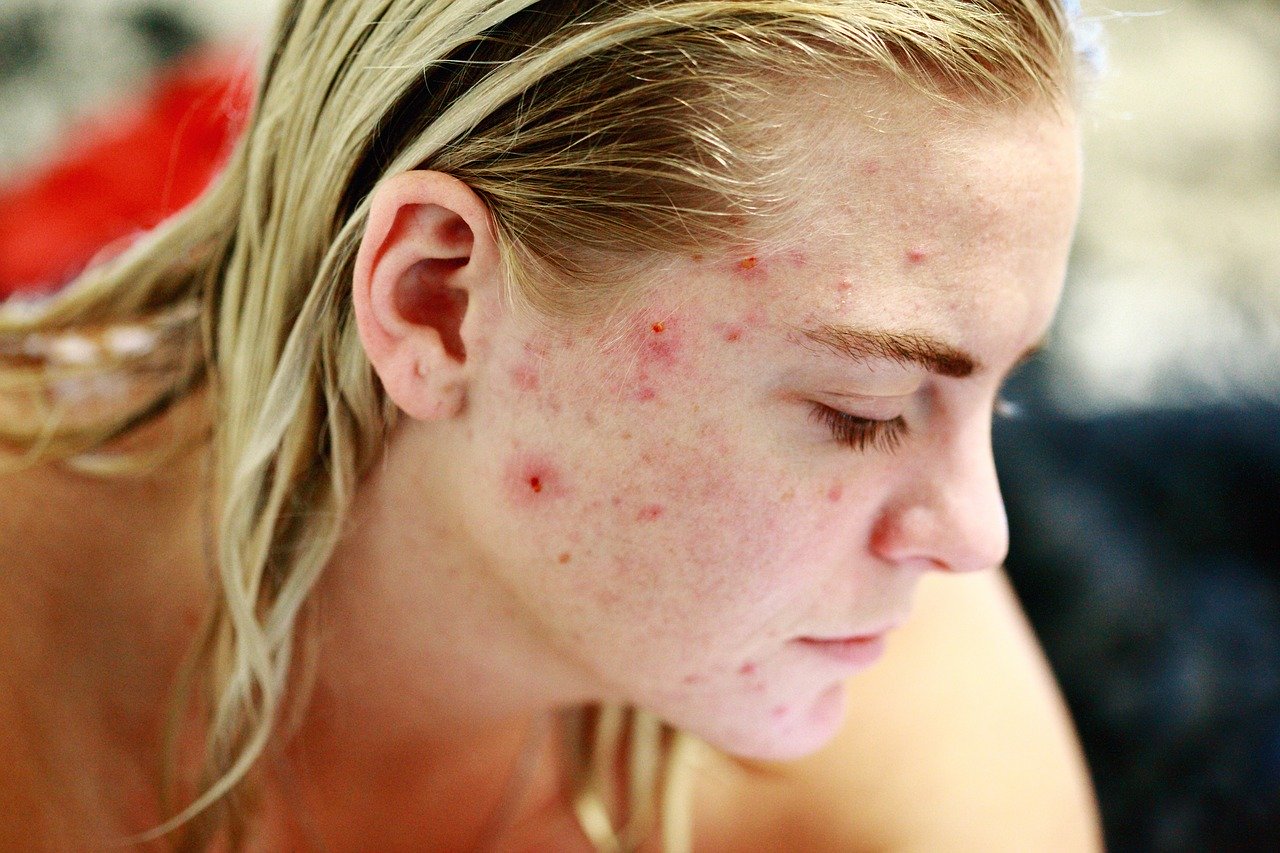 Do you know that acne is the number one skin problem for many people of all ages? At least 17 million develop it at least once in their lifetime. Despite that, many still don’t understand the condition. They end up believing misinformation that can only make their skin issue worse.Now is the right time to break these myths.
Do you know that acne is the number one skin problem for many people of all ages? At least 17 million develop it at least once in their lifetime. Despite that, many still don’t understand the condition. They end up believing misinformation that can only make their skin issue worse.Now is the right time to break these myths.
1. Acne Is Pimple
Acne comes in all sorts of sizes and shapes:
- Blackheads
- Whiteheads
- Nodules and cysts
- Pimples
- Pustules
This skin condition can be mild, perhaps one or two pimples and a couple of blackheads and whiteheads. It can also be severe that painful, red, and pus-filled nodules cover different areas of the body. These include the back, neck, face, and shoulders. Sometimes they can reach the buttocks.
2. Oily Foods Cause Acne
Acne doesn’t have a single cause, but definitely, eating oily food isn’t one of them. As a skin condition, it happens when oil, dirt, and dead skin cells clog the pores and hair follicles. The buildup then increases the risk of inflammation. Making the problem worse is a bacterium calledCutibacterium acnes. It could make the acne more widespread, especially if you keep on touching your face and popping your zits.
Other possible risk factors are:
- Hormone changes, which can alter the production of sebum, the body’s natural oil
- Pregnancy and adolescence since they can result in fluctuations in hormone
- Friction, which can cause acne mechanica or sports-induced acne
- Maskne, which is acne induced by the prolonged wearing of facial masks
3. Over-the-Counter Treatments Are Enough to Deal with Acne
For some, acne can go away on its own. Usually, it happens when they experience changes in their hormone levels. Once they stabilize, pimples and pustules may slowly disappear. Otherwise, over-the-counter medications are available. However, they may not be enough all the time. The skin may also need nourishment, which you can get from eco-friendly products like Dear Klairsfrom Korea.
These skincare goodies feature vitamins C and E, which can decrease inflammation, fight free radicals, and improve celullar regeneration. They may also be ideal for sensitive skin since they don’t contain chemicals and other irritants. If the cause of the acne is bacteria, then it may require a prescription. You may also need to complement these treatments with lifestyle changes, such as maintaining the right weight.
When you’re dealing with acne, it’s best to consult your dermatologist first. Work closely with them to develop a comprehensive treatment plan.
4. Genetics Can Cause Acne
Some studies such as the one published in 1999suggest that acne may run in the family, especially if it appears during the teenage years.
This isn’t surprising because genetics can affect many functions in the body. These include the strength of your immune system to fight off pathogens and the way your hormones interact with one another. However, just because your mom and sister have it doesn’t mean you will experience it too. Much of the research cited a correlation, not a cause and effect. Further, genetics only predisposes you to acne.
Some people are prone to acne, and you may already have it. The good news is it is curable. Moreover, armed with correct data, you can be more proactive with your treatment plan.
